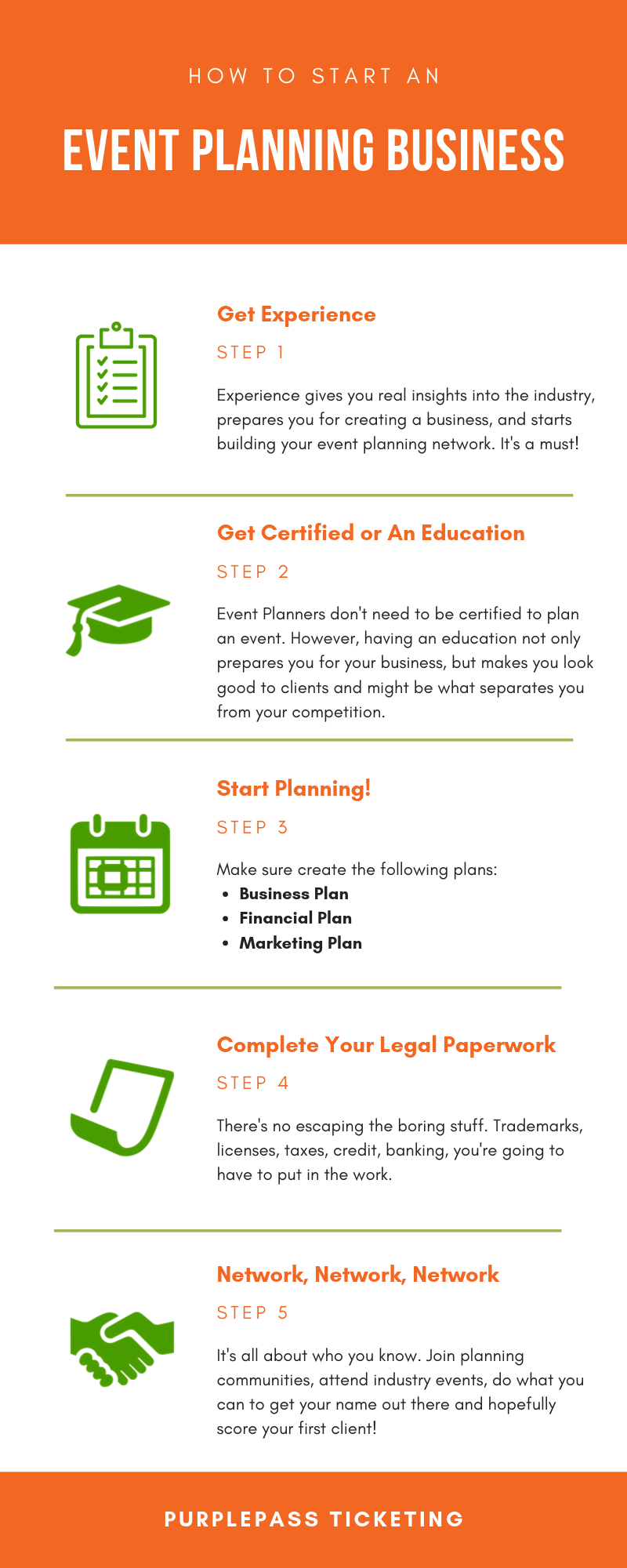
You should consider your qualifications and transferable skills when career changing. This includes any university degree and any other skill set. While some skills are transferable to new roles easily, others may not. It is important to distinguish between soft and hard skills. Hard skills are usually more tangible and can be transferred to a new position.
Changes in careers can be a major change in your professional life.
Changes in careers can be exciting and fun for many people. However, it can also cause anxiety. The best way to remain optimistic is to focus on the positive aspects of your new career path. You should ask yourself why you want to make the switch and what is most appealing about your new profession. Think about how long you have been considering this career change and ensure that your skills and qualifications are compatible with the new job.
It's important to realize that changing your career will be a significant change in your life. You may be faced with uncomfortable situations. First and foremost, you need to know your values. Change of career is not the best thing if you are not passionate about your work.

It can be very frightening.
It is a big life decision that many people find frightening. It is a major life decision that involves a complete overhaul and new start. It can be difficult to change your career, but it can be an opportunity to take back control of your own life.
Your fears are your first step toward career shift. Write down the fears you have. You might need to write down every reason you are afraid and why you don't want to change. Take that time to reflect on what you would change and how you would approach this new situation.
It's simpler to do than a career switch
Before you embark on a career shift, you'll need to assess your strengths and weaknesses. This is essential for a successful career shift. Make a list of your goals and create an action plan to reach them. You will be able to make better decisions if you have a detailed plan. Talk to a mentor or career counselor who is familiar with your field. These professionals can help guide you through the planning of your shift.
According to Bureau of Labor Statistics people change careers often over their lives. One study shows that the average worker changes jobs five to seven times before reaching retirement age. This trend is predicted to rise in coming decades. This is partly due a changing work environment. Many people now work part-time, flexibly, or even from home.

It will increase your salary
Switching companies is one of the best ways increase your salary. It can be a great way to make up time lost and it can also result in a substantial pay increase. Many places won't adjust your salary based only on the cost to live. You have a lower chance of getting a raise in your salary within your current organization than if it were you looking for a new job. Your current employer is familiar with you and knows your value. This makes it more difficult to work with the exact same employer.
Another benefit of a new job is the opportunity to gain experience and responsibilities in a different field, which can help you progress your career. In addition to salary, career-switching can lead to benefits and other types of compensation. Before you make the decision to change careers, consider both the risks and the perks.